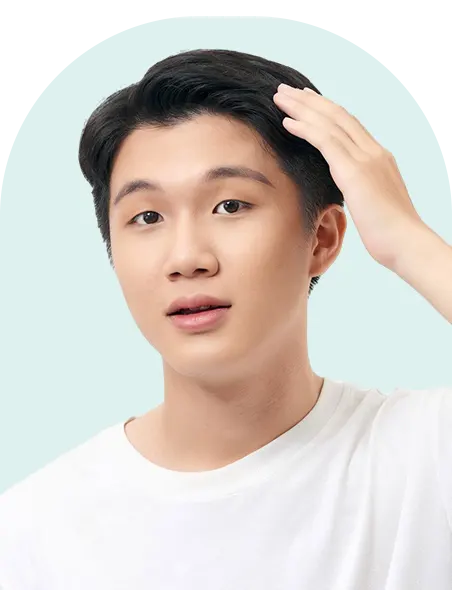
Providing comprehensive hair transplant services to permanently solve the problems of thinning hair and baldness.
Hair transplant is a surgical procedure to correct hair loss or baldness using medical techniques. It helps move hair roots from areas that are healthy, such as the back of the head (Donor Area), to problem areas, such as the front of the head or areas without hair (Recipient Area), where the moved hair roots can grow back naturally and for a long time.
We use a variety of hair transplant techniques to meet each individual's needs and hair condition.
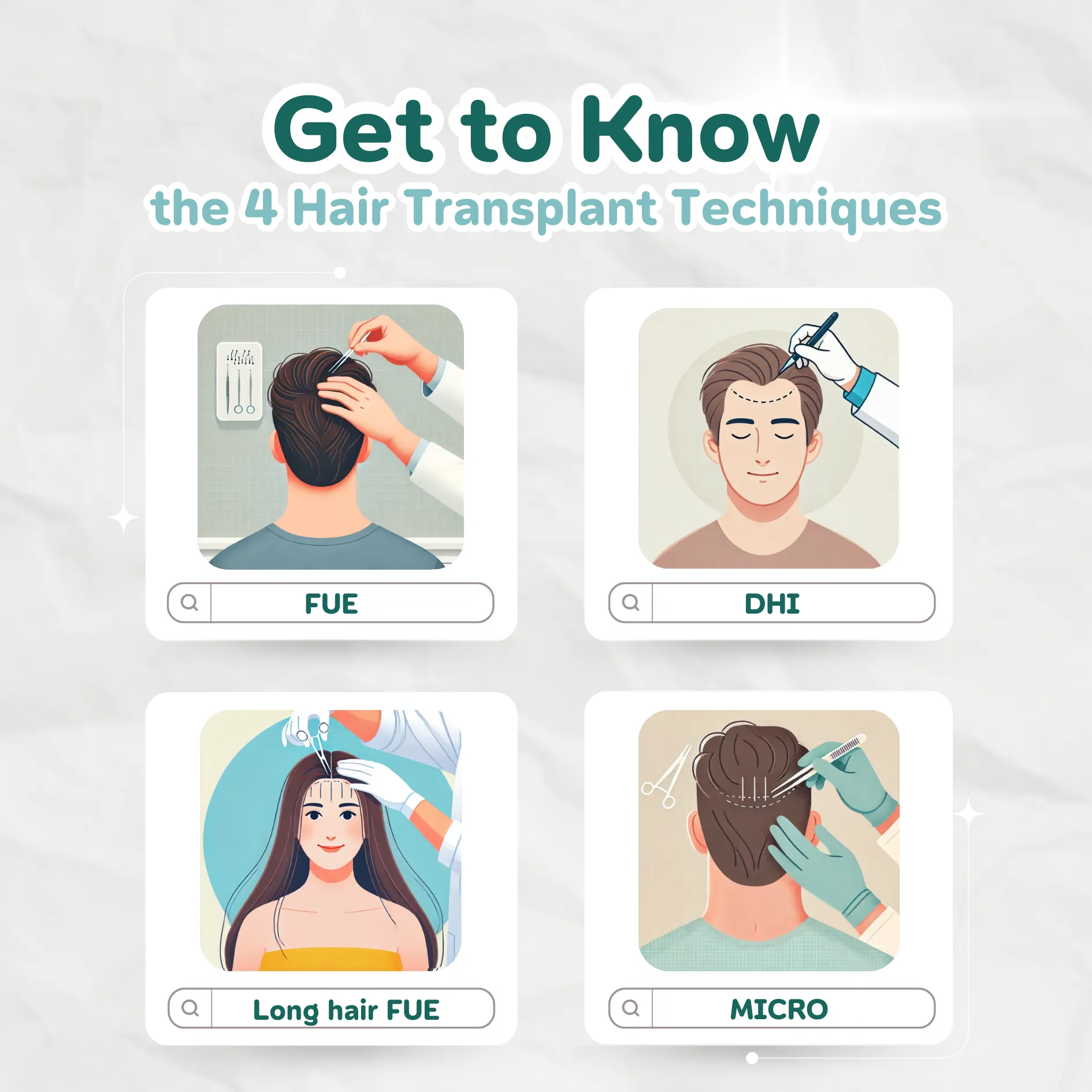
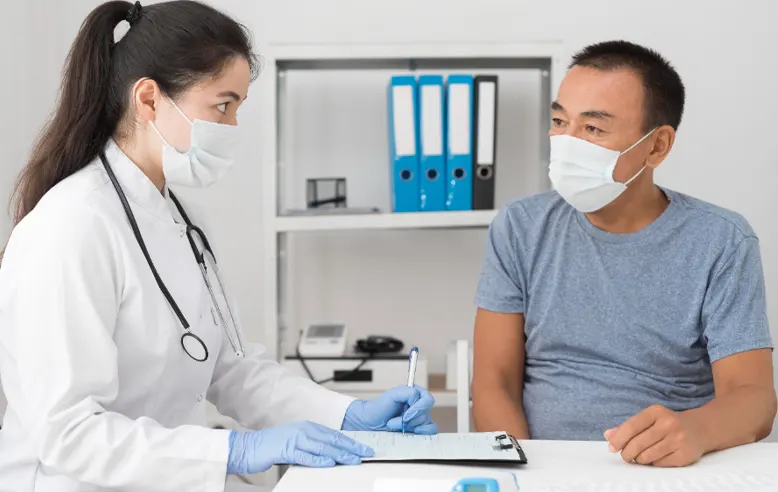
Assess the problem : The doctor examines the condition of the patient's head, hair, and hair roots to analyze the cause, such as genetics, hormones, or other factors.
Discuss goals : Patients can state their needs, such as adding thickness, filling in thinning areas, or designing a natural-looking hairline.
Choose the right technique : Doctors recommend suitable methods such as FUE, DHI, Long Hair FUE, or FUT.

Hairline Design : The doctor draws a new hairline that suits the face shape and patient’s needs to make the result look realistic.
Choose the right technique : The doctor recommends the right method such as FUE, DHI, Long Hair FUE, or FUT.
Calculate the number of grafts : Estimate the number of grafts required to cover the desired area and density.

Local anesthesia is injected into the area where the hair roots are extracted (Donor Area) and the area where the hair will be transplanted (Recipient Area) so that the patient does not feel any pain during the procedure.
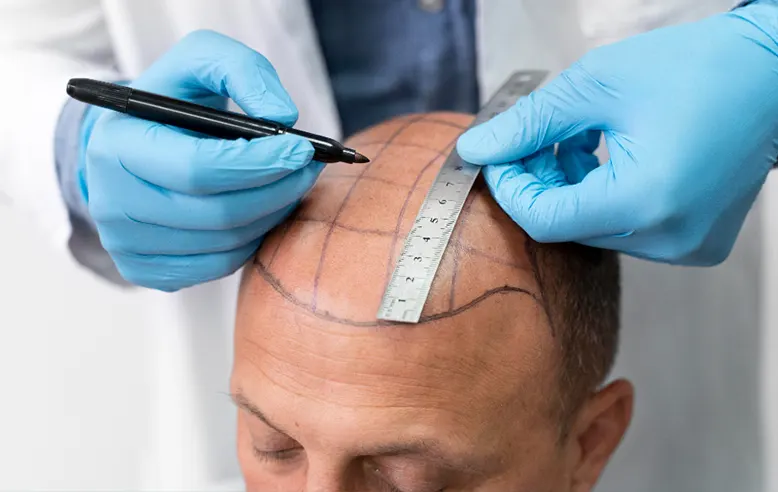
FUE : Hair roots are extracted one by one from the donor area (e.g. the back of the head) with a special instrument.
FUT : A small strip of scalp is cut and the hair roots are separated one by one.
After the grafts are harvested, the donor area is taken care of and covered with a plaster.
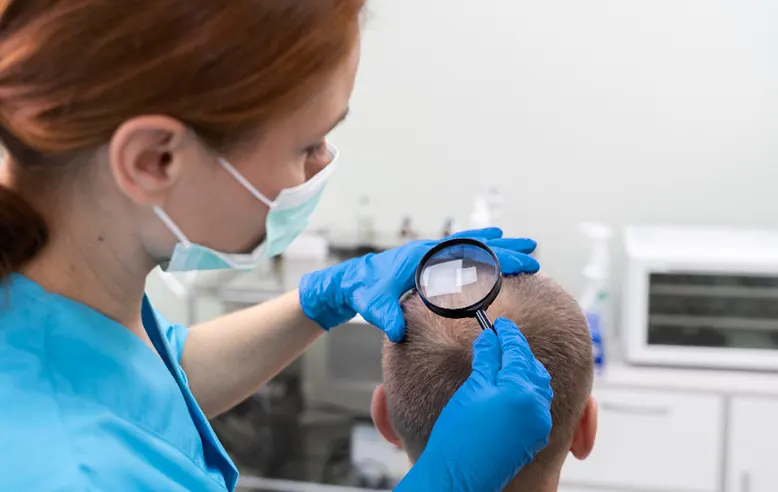
The medical assistant team separates the hair roots and selects the strongest grafts in preparation for transplantation.
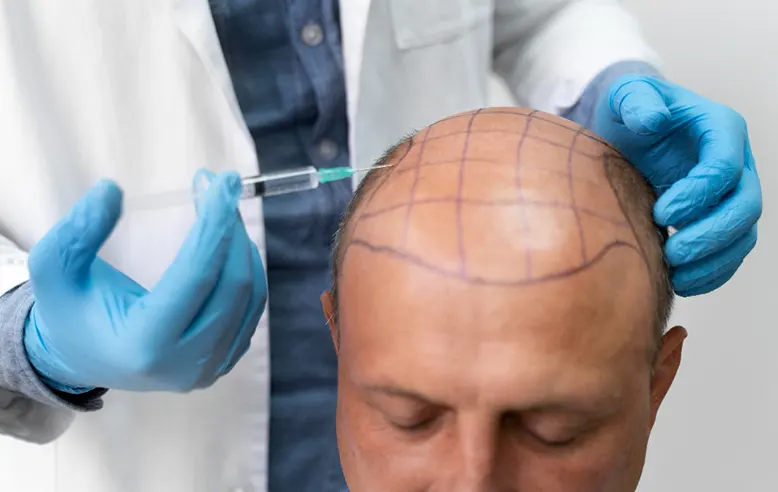
Detailed hair transplantation : Grafts are placed at specific points with natural-looking angles and directions.
Special techniques : For example, DHI uses a hair transplant tool without making a wound first.
The transplant requires precision in order to ensure that the hair grows densely and looks realistic.
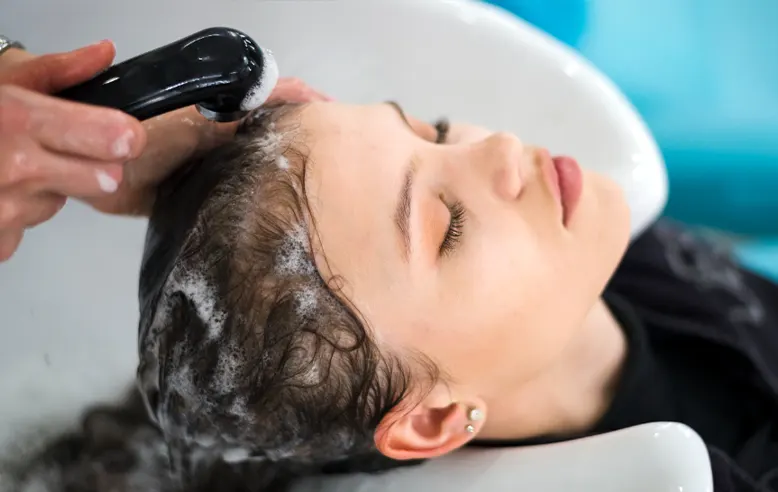
Post-Transplant Care : Patients will receive detailed instructions on wound care, how to properly wash the hair, and how to protect the newly transplanted grafts to ensure the best results.
Medications : The doctor may recommend hair growth medicine such as Minoxidil or Finasteride to support and enhance the growth of new hair.
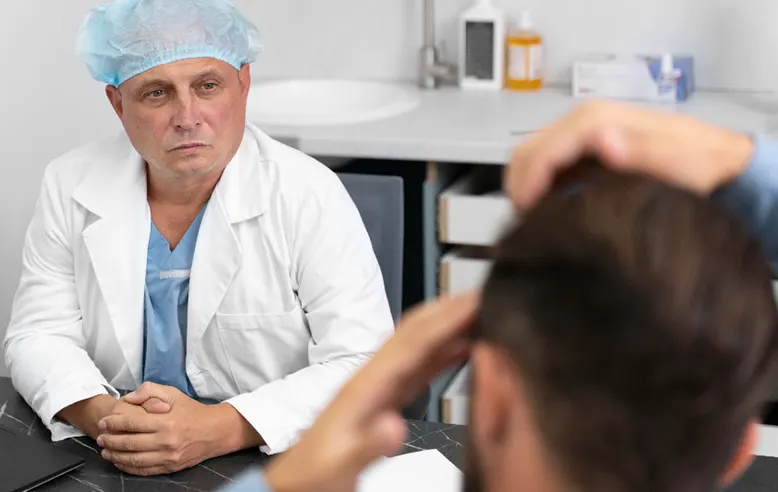
Visit your doctor for regular check-ups to check on your hair recovery and growth.
Shock Loss: Hair may fall out in the first 2-3 weeks and start growing back in 3-4 months.

Avoid certain medications and supplements

Quit smoking and alcohol

Prepare your body

Wash your hair and scalp

Wear Easy-to-Remove Clothing
Choose a front-button or zip-up shirt to avoid contact with the scalp after the procedure.

Avoid Makeup and Perfume
Refrain from using any cosmetics or fragrances that may interfere with the procedure.

Prepare for a Long Session
Hair transplant procedures typically take 4–8 hours. Be prepared to rest comfortably throughout the process.

Post-Hair Transplant Wound Care
Avoid touching or scratching the graft area.
Use a neck pillow or head support to prevent the grafts from coming into contact with surfaces while resting.

Avoid Washing Hair for
the First 3 Days
Begin washing your hair on Day 4, following your doctor’s instructions. Use a gentle shampoo and rinse softly without rubbing.

Avoid Strenuous Activities
Refrain from intense workouts or any activity that causes excessive sweating during the first 2 weeks.

Avoid Chemical Treatments
Do not dye, bleach, or use styling products on your hair for at least 1 month after the procedure.

Avoid Direct Sunlight
Stay out of direct sunlight for extended periods during the first 2 weeks to protect the healing area.

Attend Follow-Up Appointments
Visit the clinic as scheduled to monitor progress and receive further personalized care instructions.
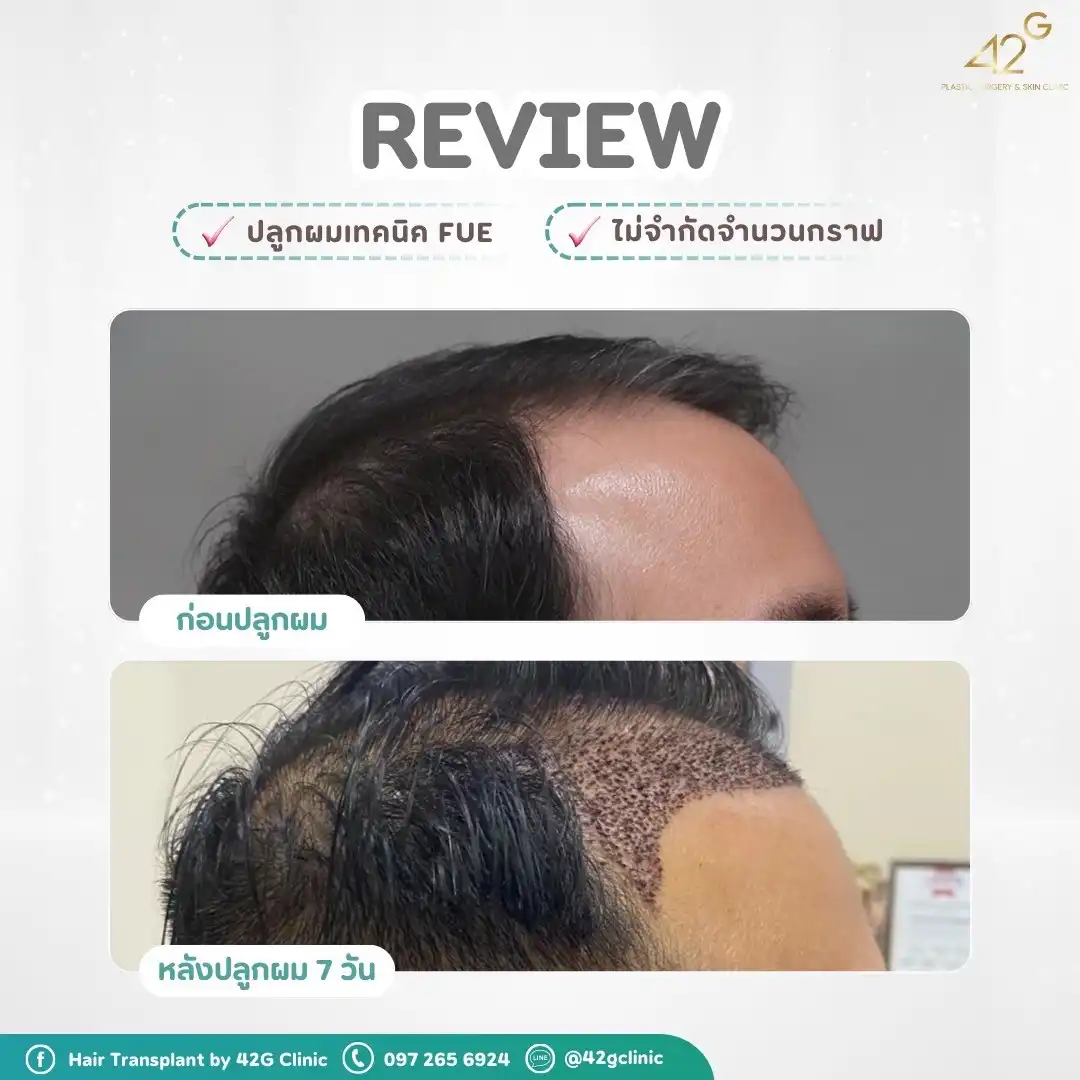
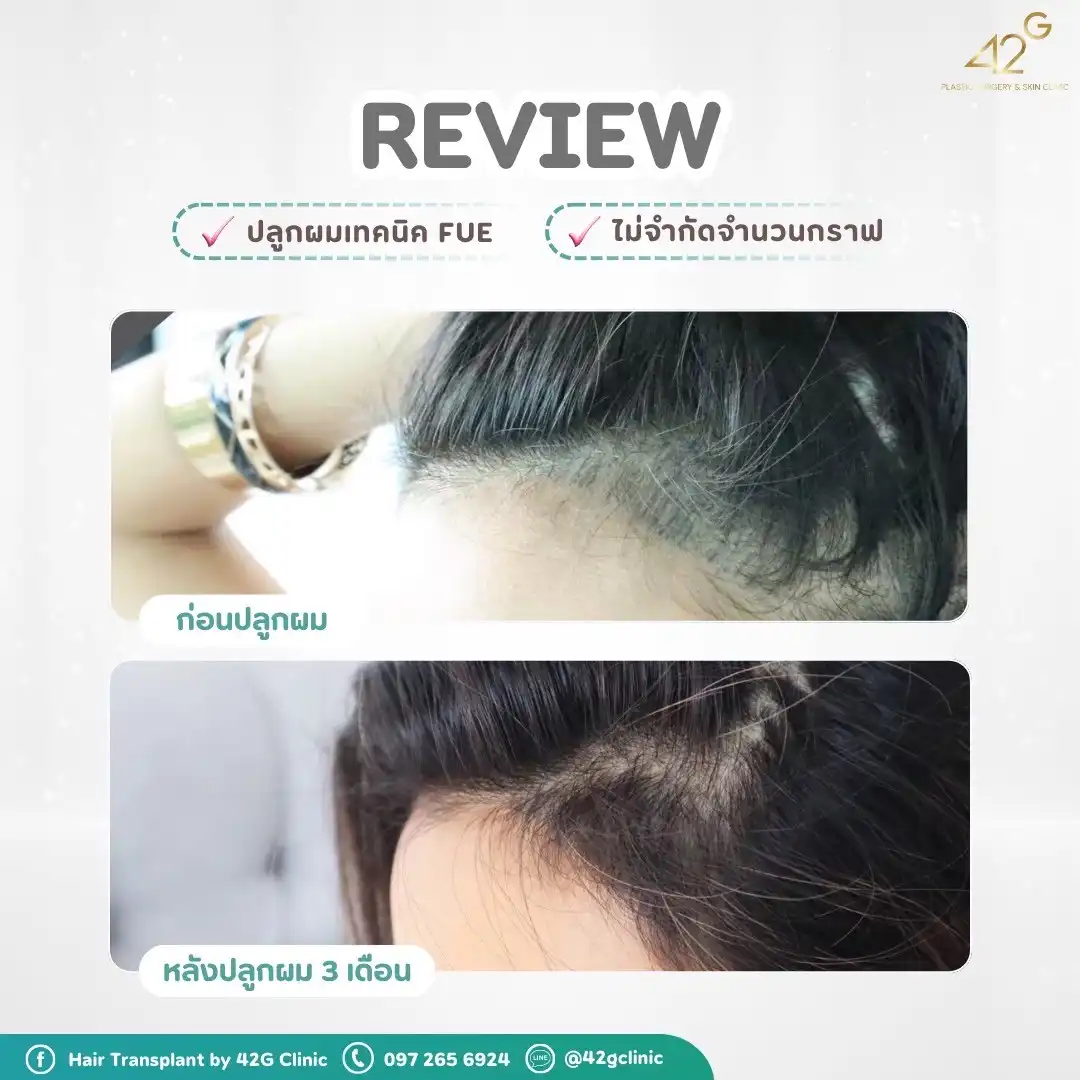
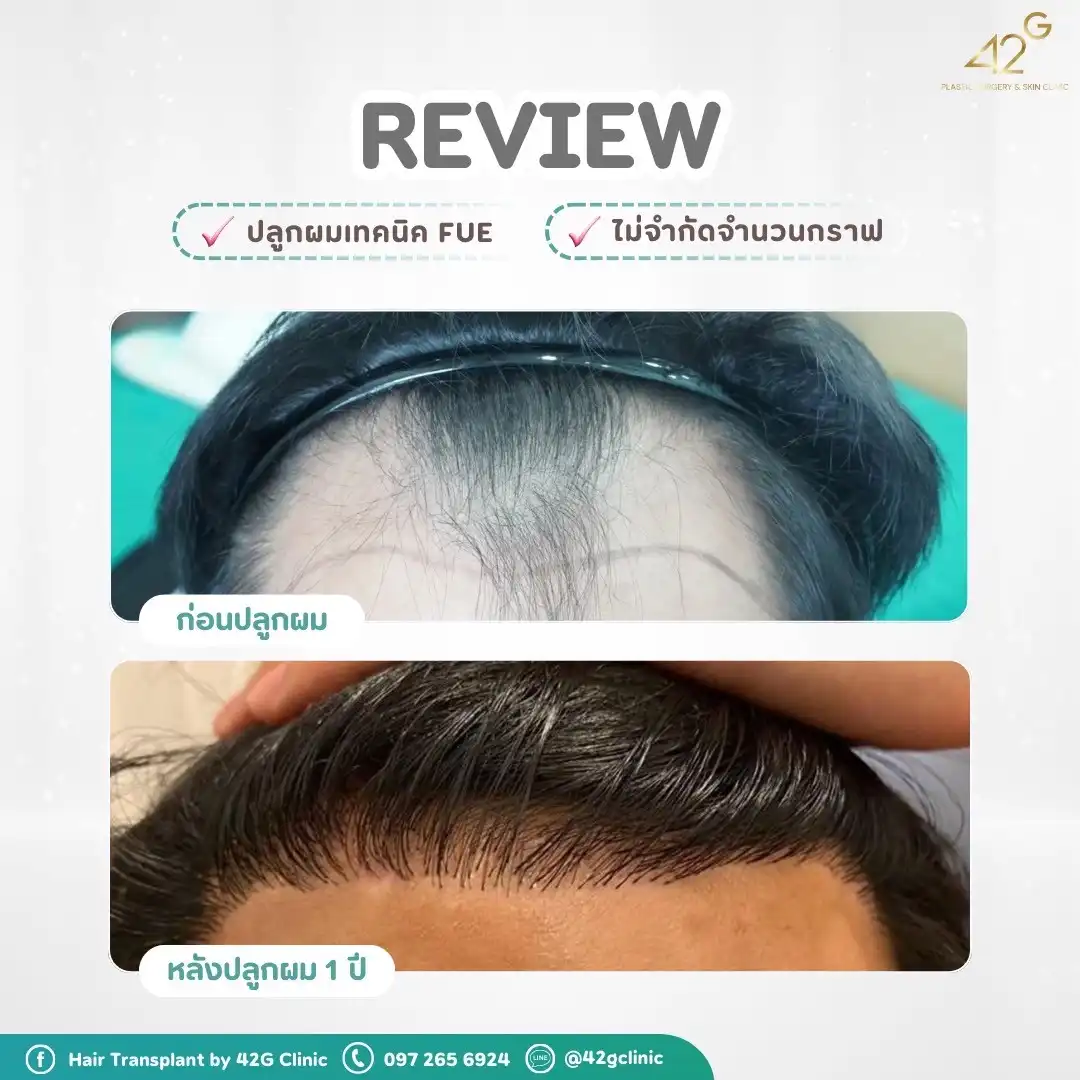
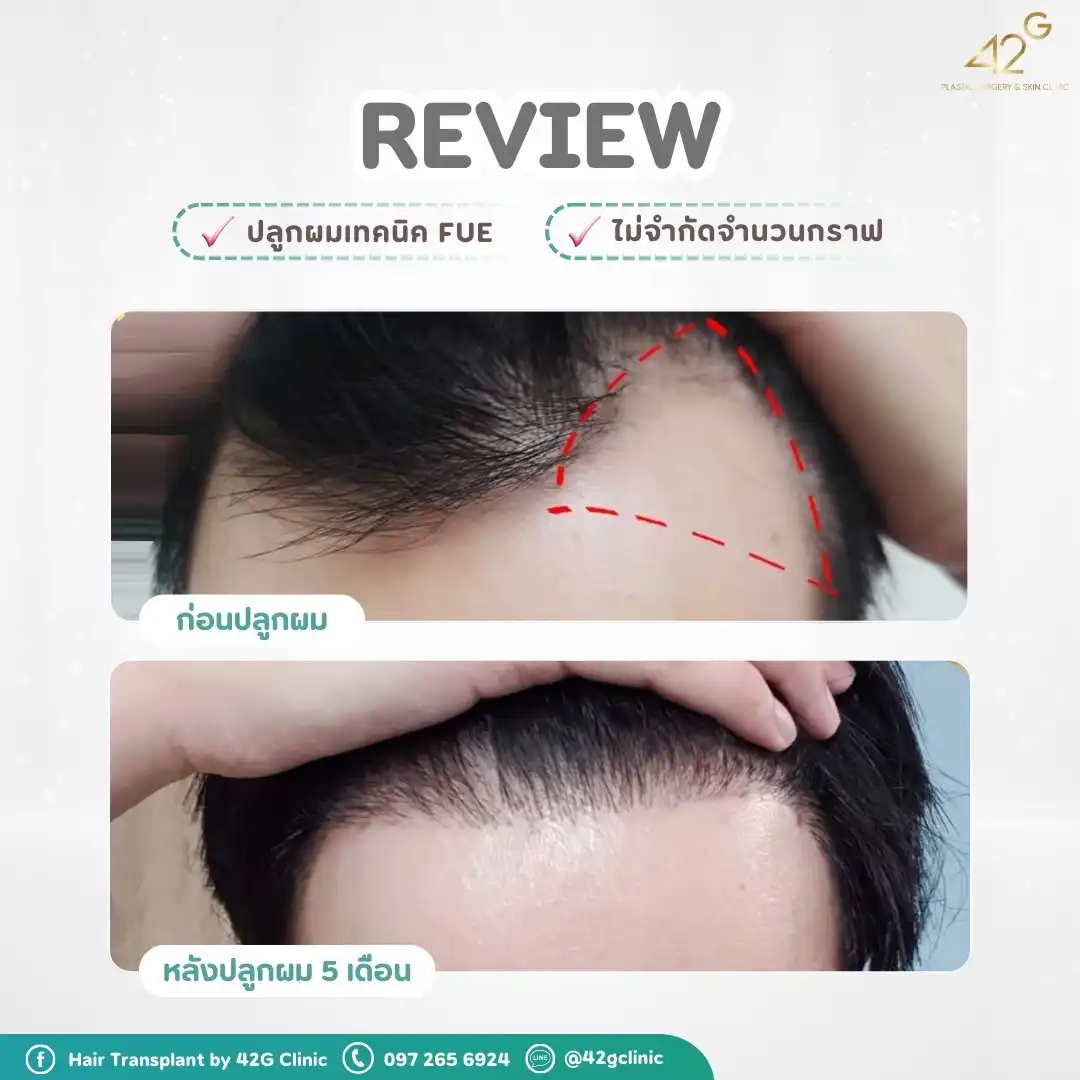
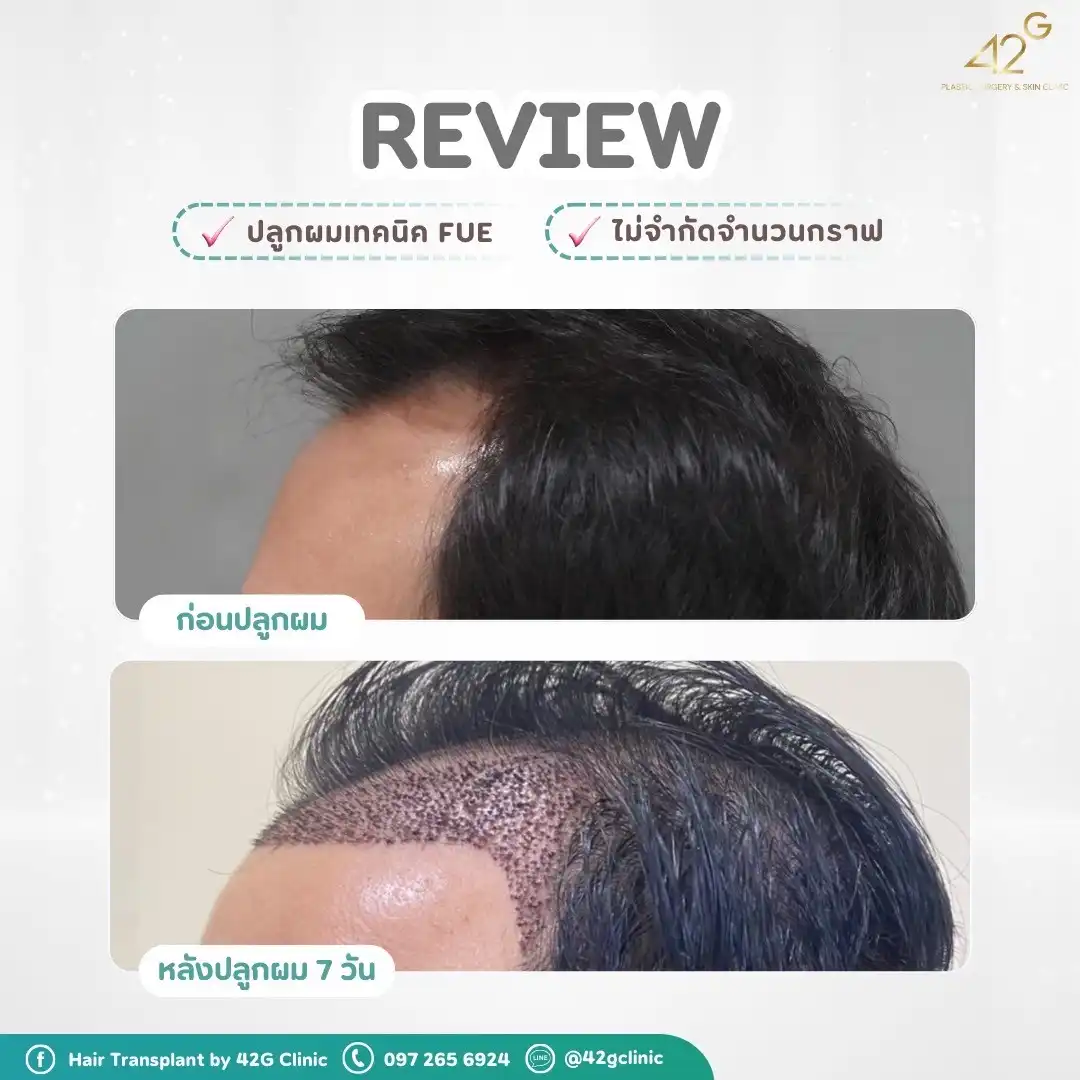
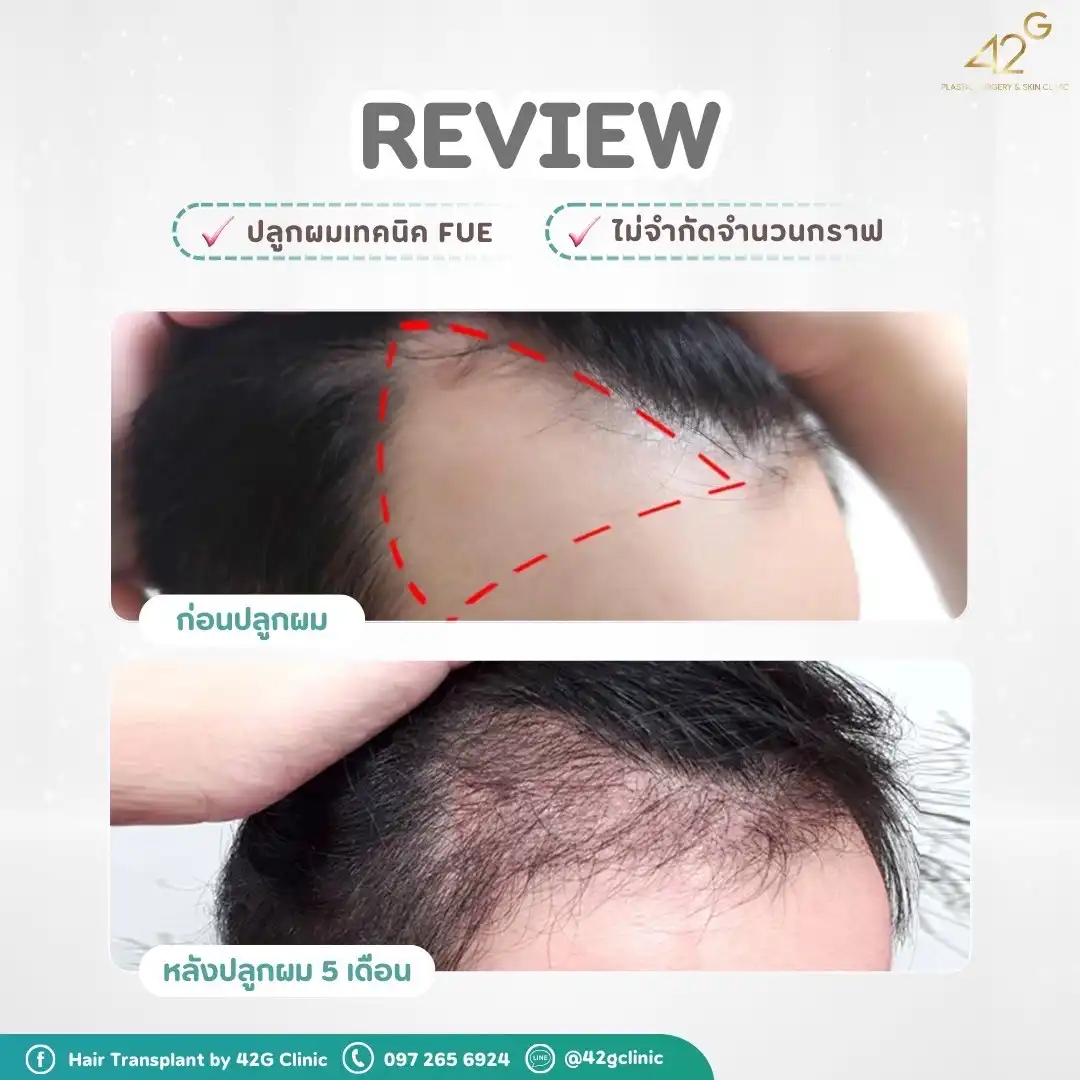
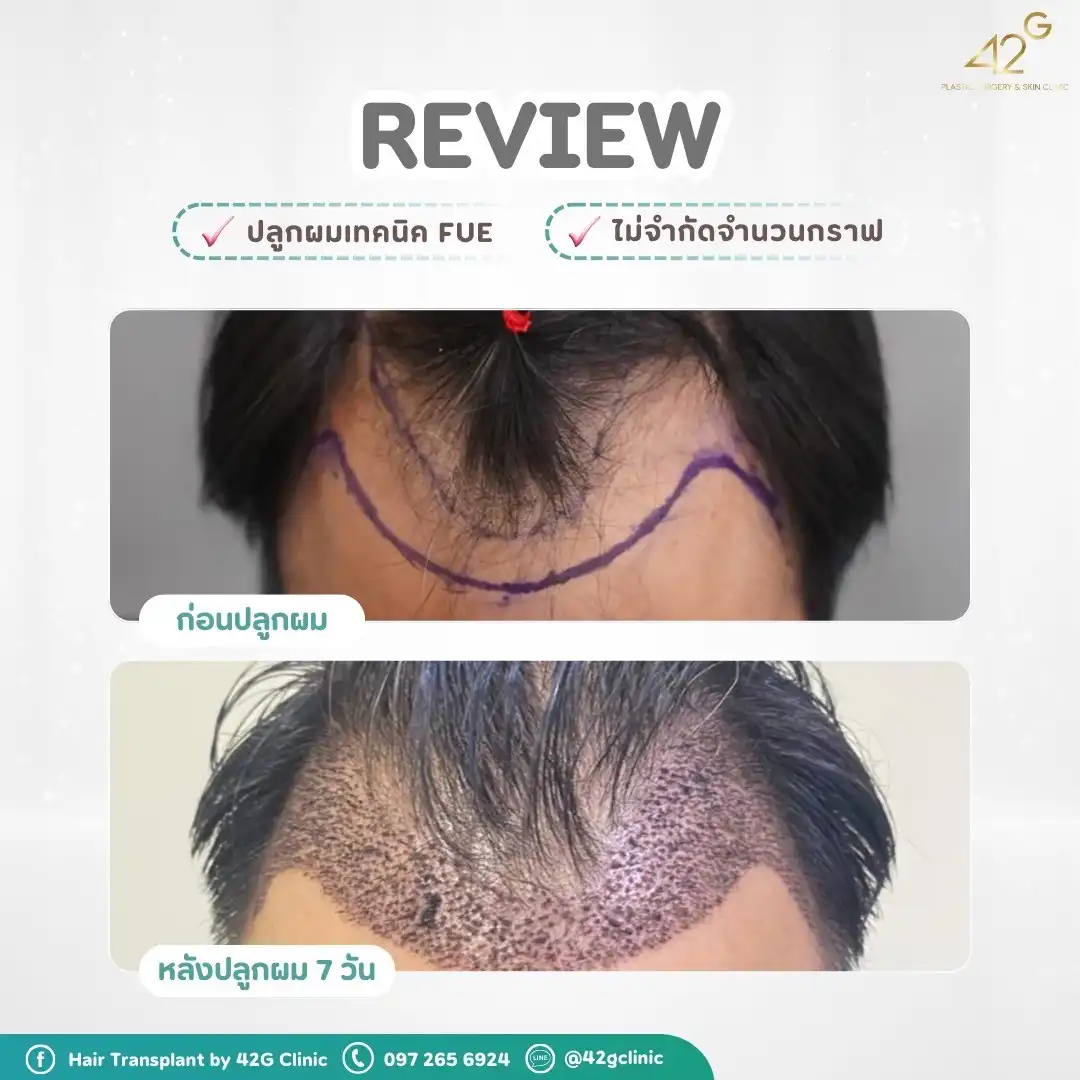
Hair transplantation is suitable for :
Although FUE is a less invasive process, it takes longer and may include several sessions to harvest and implant individual follicles. Strip harvesting is a part of FUT operations. Surgeons can do a lot of graft transplants in a single session with this less time-consuming but more invasive procedure.
Up to the technique that is use:
During the hair transplant, local anesthesia is used, so you won’t feel any pain. However, you may feel some tightness or discomfort on your scalp after the procedure.
Avoid washing your hair for the first 3 days. After that, you can wash your hair with a gentle shampoo and rinse gently.
The transplanted hair grafts are taken from the back of the scalp, a donor area that is naturally resistant to hair loss. With proper care, these grafts can remain permanently and continue to grow like natural hair.
Contact with professional and experienced doctor for more details about our various cosmetic surgery services, which emphasize on quality and care in every step.

Contact with professional and experienced doctor for more details about our various cosmetic surgery services, which emphasize on quality and care in every step.